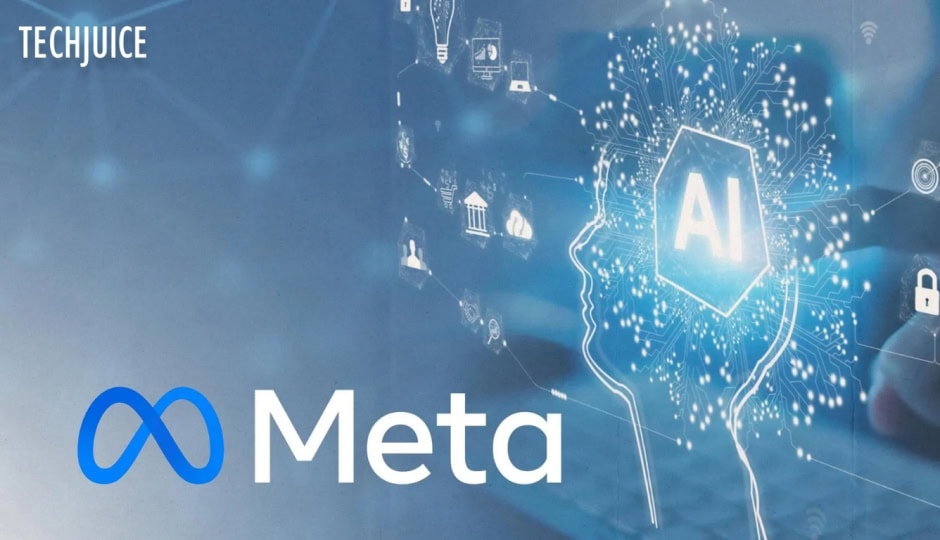In the realm of artificial intelligence, a storm is brewing over the use of copyrighted books as training data. Meta, a tech giant known for its advancements in AI, finds itself at the center of legal battles that could potentially cost billions of dollars. Authors and publishers have raised concerns about whether companies like Meta have the right to train their AI models on copyrighted material without explicit permission.
The crux of the issue lies in whether these AI models simply learn from existing texts or cross a line by memorizing and regurgitating verbatim content from copyrighted books. Recent research has unveiled a startling revelation – while many AI models do not replicate exact text from their training data, some models developed by Meta have demonstrated the ability to memorize significant portions of certain books.
“If judges rule against the company, Meta could face damages upwards of $1 billion,”
warns Mark Lemley, an expert from Stanford University. The situation is complex as it blurs the lines between creativity and infringement. Lemley highlights that while AI models are not mere “plagiarism machines,
” their capacity to retain specific text poses unique challenges in determining legal boundaries.
In a groundbreaking study conducted by Lemley and his team, various AI models were put to the test to measure their capacity for memorization. By splitting book excerpts into prefix and suffix segments and analyzing how accurately AI models completed them verbatim, researchers gained insights into the extent of memorization across different platforms.
The findings revealed that Meta’s Llama 3.1 70B model exhibited remarkable recall abilities, particularly with texts from iconic works like Harry Potter, The Great Gatsby, and 1984. This discovery raises pertinent questions about intellectual property rights and fair use within the realm of artificial intelligence development.
While Meta asserts that “
fair use of copyrighted materials” is integral to enhancing its AI capabilities, critics argue that this approach may infringe upon creators’ rights. Emil Vazquez, a spokesperson for Meta, maintains that their practices are defensible under fair use principles despite ongoing legal challenges.
Randy McCarthy from Hall Estill law firm views this research as a valuable tool for assessing potential copyright violations by AI models. However, it does not resolve the overarching debate around whether utilizing copyrighted material falls within permissible bounds under existing laws like fair use doctrines.
Legal implications vary across jurisdictions; Robert Lands at Howard Kennedy law firm notes differences between US fair use standards and UK fair dealing provisions. In countries adhering to strict copyright regulations like the UK, unauthorized memorization of pirated content could carry significant consequences for tech companies.
As discussions surrounding ethics in artificial intelligence continue to evolve, finding a balance between innovation and respecting intellectual property remains paramount. The clash between technological advancement and legal frameworks underscores the need for clear guidelines to navigate this complex terrain responsibly.
Through these developments in the intersection of technology and law, society grapples with defining boundaries that safeguard both innovation and creative rights in an increasingly digital age.

